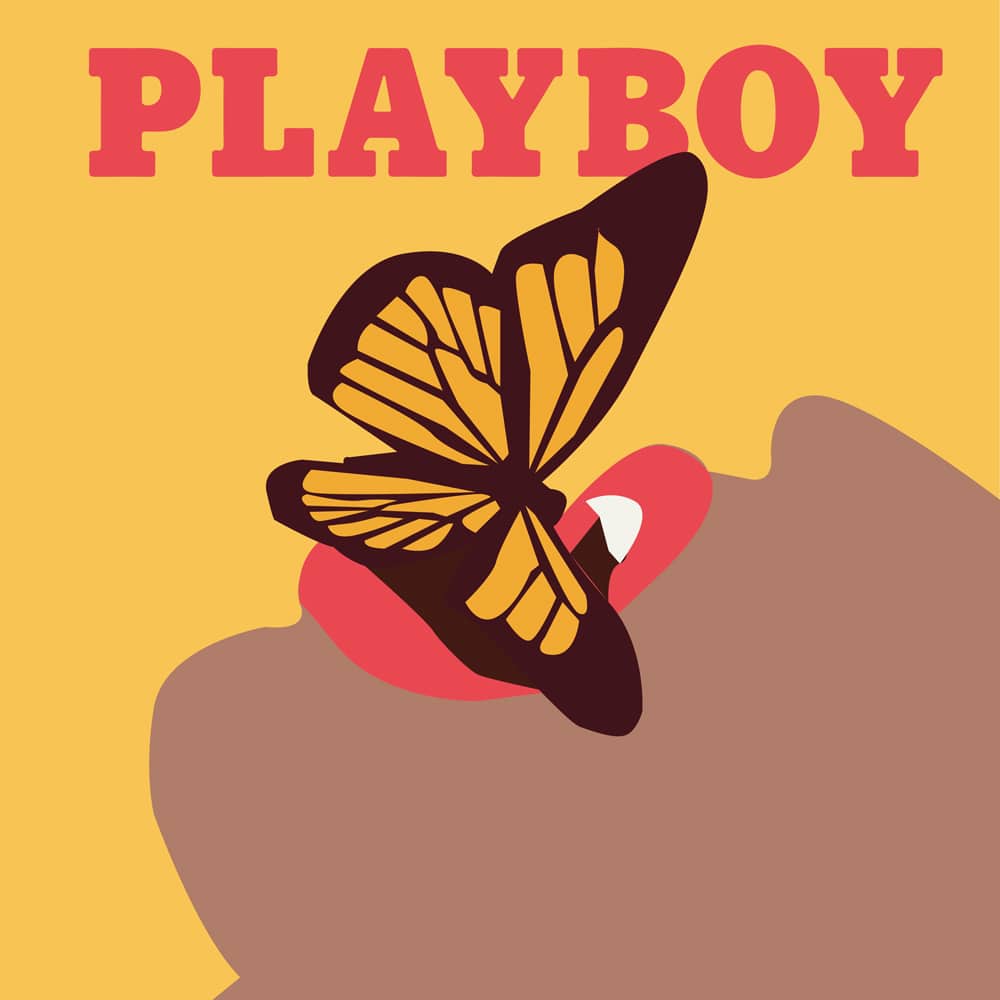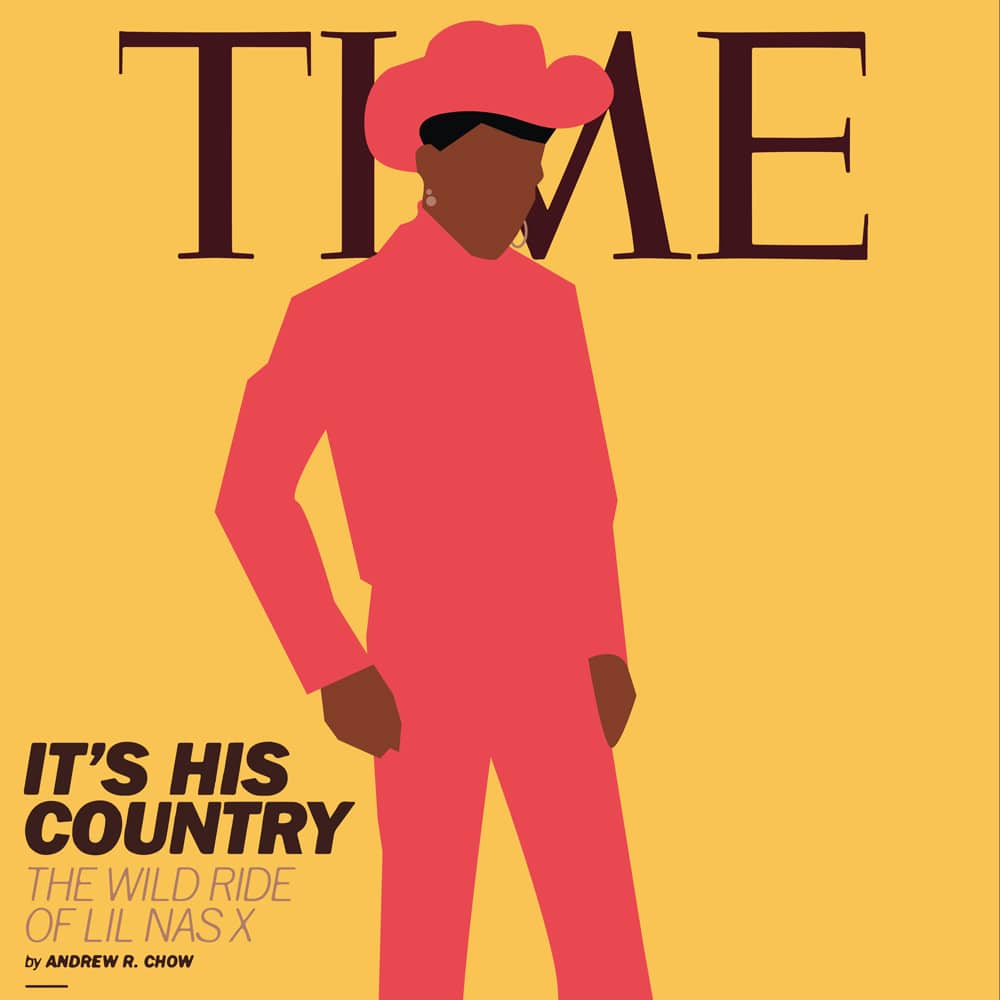New gen bosses: Kelia Anne on how she survived on frozen dumplings before photographing Lil Nas X for the cover of TIME

New gen bosses is a new series created to guide and inspire more people to go out there on their own, either as new business founders or freelancers. And what better way to do that than to ask the ones that already succeed at it? We want to know about big fuck-ups and even bigger successes, and the risky decisions they had to make along the way. We want to be the last little push you needed.
Job title: Photographer
Industry: Fashion and portraiture
Company founder or freelancer: Freelancer
How long have you been doing it: 5 years
Age: 26
Location: Los Angeles, California
What pushed you to start on your own?
I blame being raised as an only child for a stubborn sense of independence. I struggled with making images that weren’t ‘my own’. Two years ago, this frustration and lack of satisfaction pushed me to save up one month’s rent, pack up my car, and drive to LA. Somehow I’m still here.
What was the very first thing you needed to do to set everything up?
Truly, I just needed human connections. It was humbling when I realised that I wasn’t going to be successful with the stubborn independence I mentioned. It’s impossible for me to make art unless I have humans to collaborate and grow with. Making friends in Los Angeles is difficult, but when you find the right team, everything falls into place.
What was the riskiest decision you had to take?
I had enough money to live in Los Angeles for one month, but I did it anyway. This city loves extravagance, but Trader Joe’s frozen dumplings really saved me.
What was a skill you didn’t foresee needing that you had to learn?
I didn’t expect to interact with so many difficult personalities through this process. There will always be a human that you cannot connect with, a human that won’t speak to you respectfully, a human that doesn’t value your work. The biggest lesson for me was learning to stand up for myself and not compromise on my value.

At what moment did you realise that this was going to work out?
My favourite memory so far is seeing my cover of Playboy on my friend’s coffee table. Things felt right, yet wildly humbling.
What did you spend your money on?
Trader Joe’s and film processing.
What was your biggest fuck up?
One time my camera was on the ‘emergency setting’ and I shot 40 rolls of film underexposed by 2 stops. That kind of fuck up will teach you to check the emergency setting every dang time.
What was your biggest success?
Oof, this is hard to answer. I’m very proud to have shot the cover of TIME. The amount of respect and reputation the publication has, and the fact that they trusted me to make something. Working with Lil’ Nas X felt like making history. I mean, he did make history. I got to capture that.

What do you know now that you didn’t know then?
I used to think that if you were technically capable, you could be a great photographer. I’ve learned now that my technical ability has become 0.01 per cent of my images. That part is second nature. The rest of my work is my connection with the people I’m photographing. (I’m sure a lot of tech nerds are rolling their eyes at this. Sorry.)
What are three tips you would give someone who wants to start on their own?
One: There will always be a backup plan. Failure is a concept relative to your perspective.
Two: Trust your gut. Trust the images you feel proud of. Trust your intuition. This work is yours.
Three: Stand up for yourself (respectfully, of course). Being an artist is painfully personal. Do not let someone make you feel less than because of the incredible gift you are utilising, nurturing and demonstrating. You’re strong, but you’re also graceful.
Want to discuss taking the leap with other new gens? You’re in luck! We’ve created New Gen Bosses, a Facebook group to continue and expand the conversation started through this new series.




